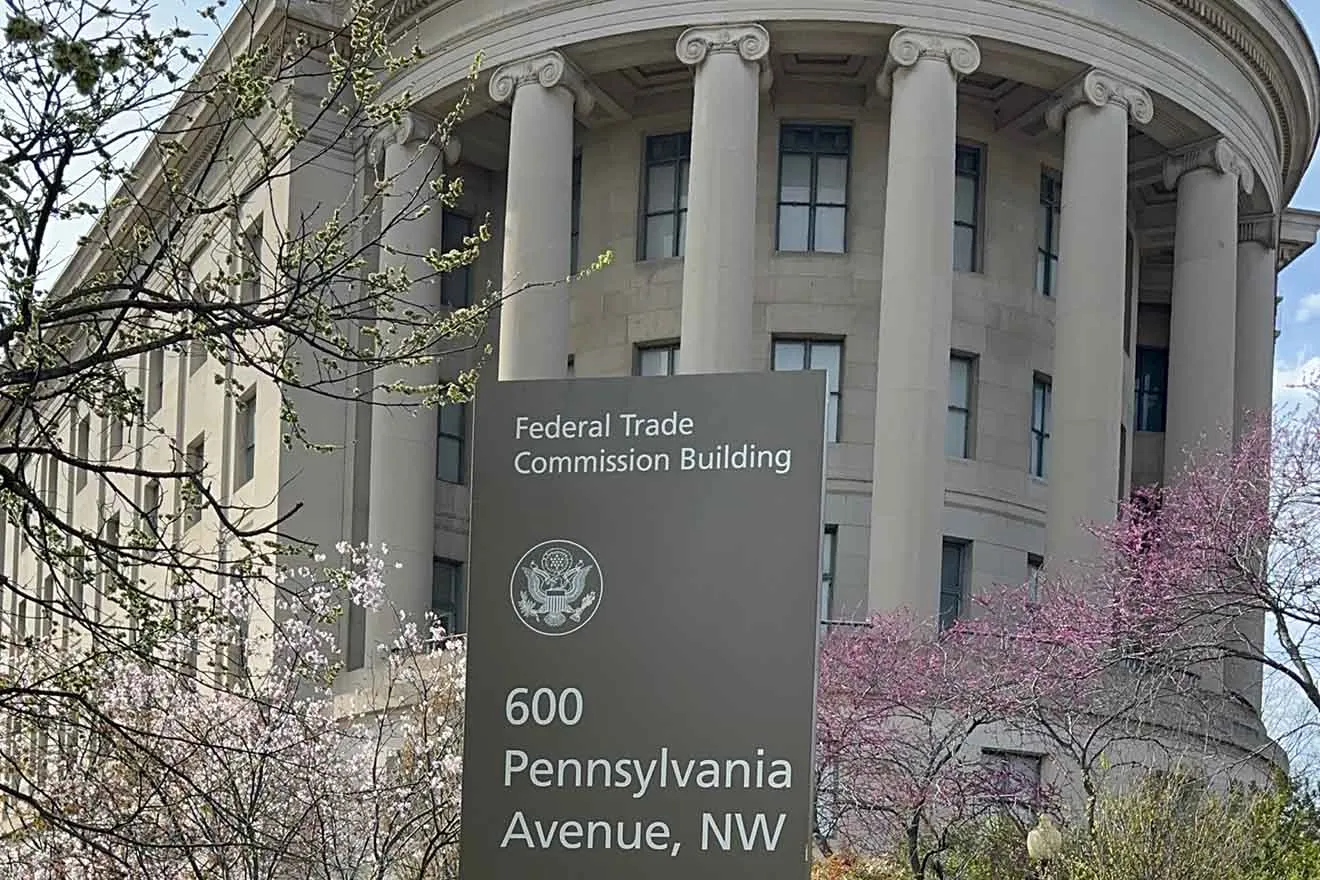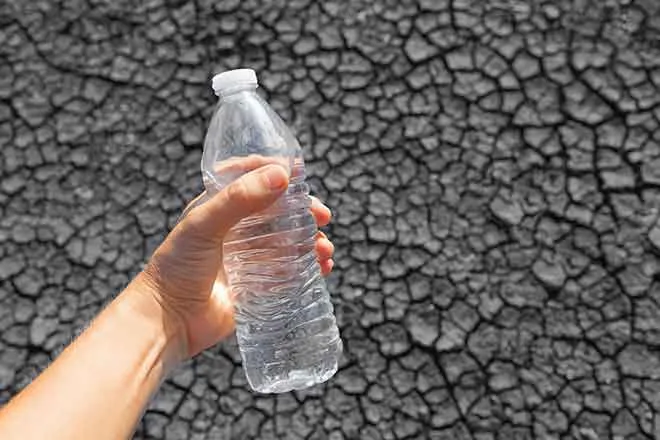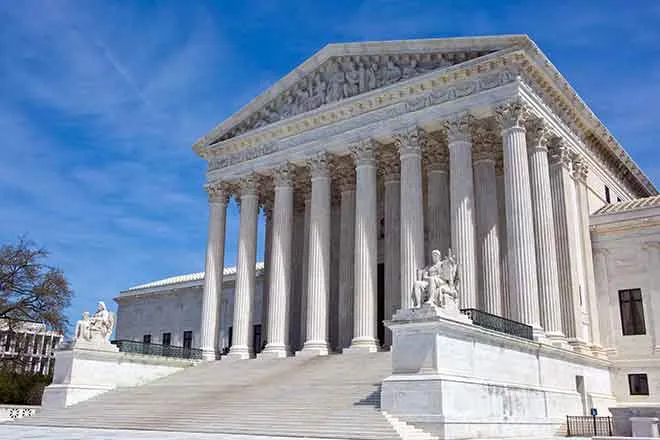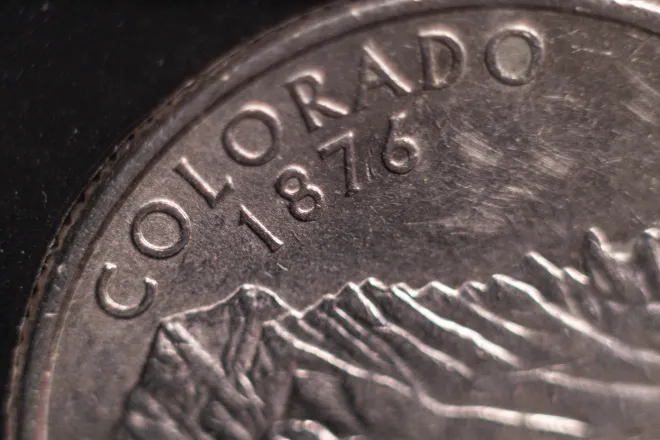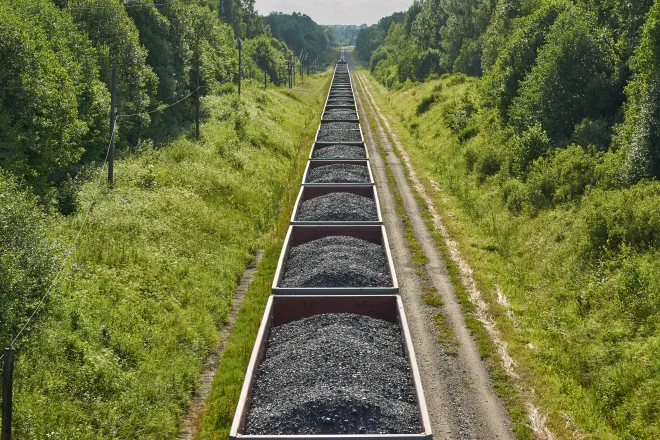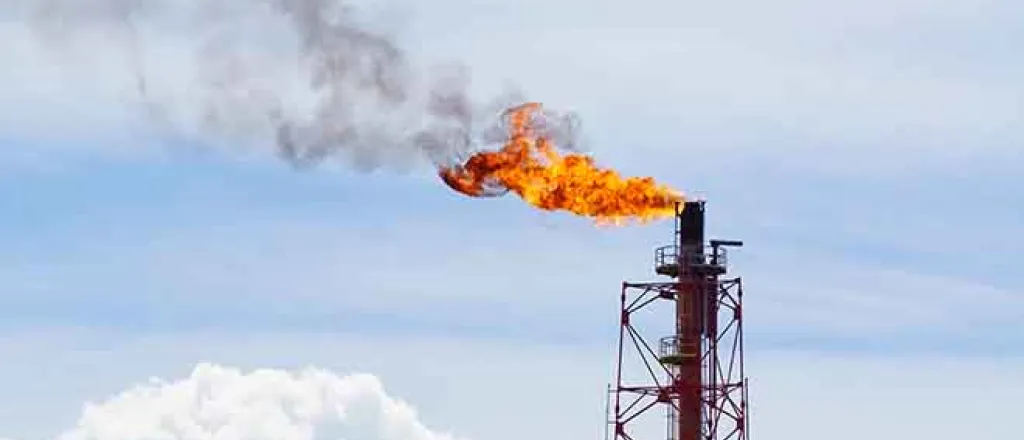
Ball in EPA's court for supplemental oil and gas rules
(New Mexico News Connection) Citizens, states and environmental groups from across the nation have weighed in on tougher rules to govern pollution from the oil and gas industry, and now await a final plan from the Environmental Protection Agency.
Oil and gas operators waste more than $500 million worth of gas on public lands every year, according to a report by the Environmental Defense Fund and Taxpayers for Common Sense.
Autumn Hanna, vice president of the taxpayers group, said almost 300 advocates in 33 states and 110 organizations testified in support of stronger methane rules.
"We have an opportunity to update the rules that govern federal oil and gas operations," she said, "and we can strengthen those rules so that we can capture that gas without these wasteful practices."
The EPA released its proposed supplemental rule for methane last November. It garnered significant support as an improvement over the original 2021 draft, but many have urged the agency to impose greater limits on flaring - the burning of natural gas associated with oil extraction.
In New Mexico, Paige Knight, research and policy analyst for New Mexico Voices for Children, said communities, children, classrooms and the state's economy all would benefit from the millions in revenue lost each year due to flaring.
"Those wasted resources? They don't only impact our ability to invest in our people and places, but it impacts the health and well-being of our children and our climate," she said. "We know that wasted gas releases harmful, toxic pollutants into the air we breathe."
Without stronger rules, Hanna said, consumers will continue to lose out.
"We're losing because this is valuable natural gas that's not getting to market - instead it's being wasted through practices like routine venting and flaring," she said. "And the other way that we're all losing is that this gas is not being charged the royalties; we're not getting the revenues from that royalty."




